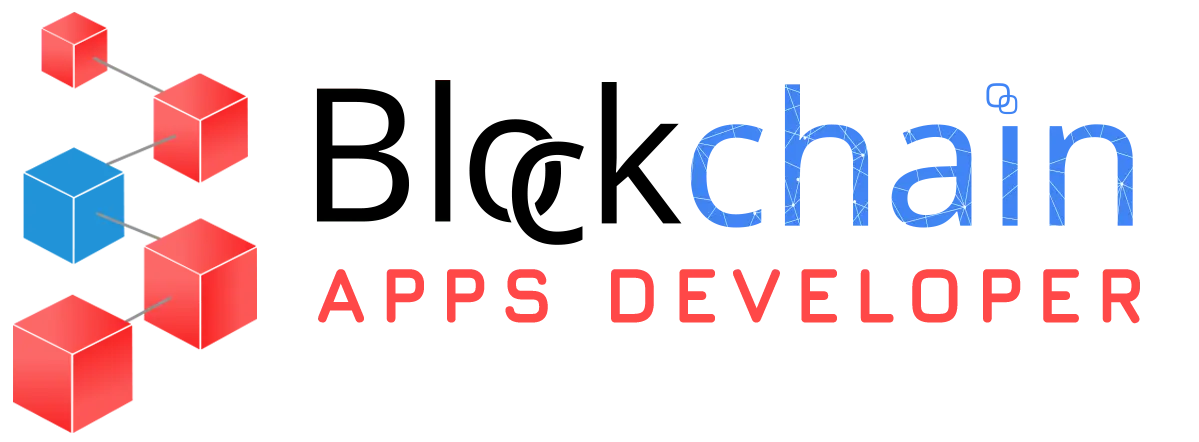
BLOCKCHAIN
Industry 4.0 - The Fourth Industrial Revolution & Blockchain Technology
This article will help you understand the precise meaning of the term Industry 4.0. Explore the use cases and benefits of Industry 4.0 - The Fourth Industrial Revolution. Also, you can find the part of blockchain technology that plays a significant role in the Industry 4.0 period.
Talk To Our Experts
Table of Content
